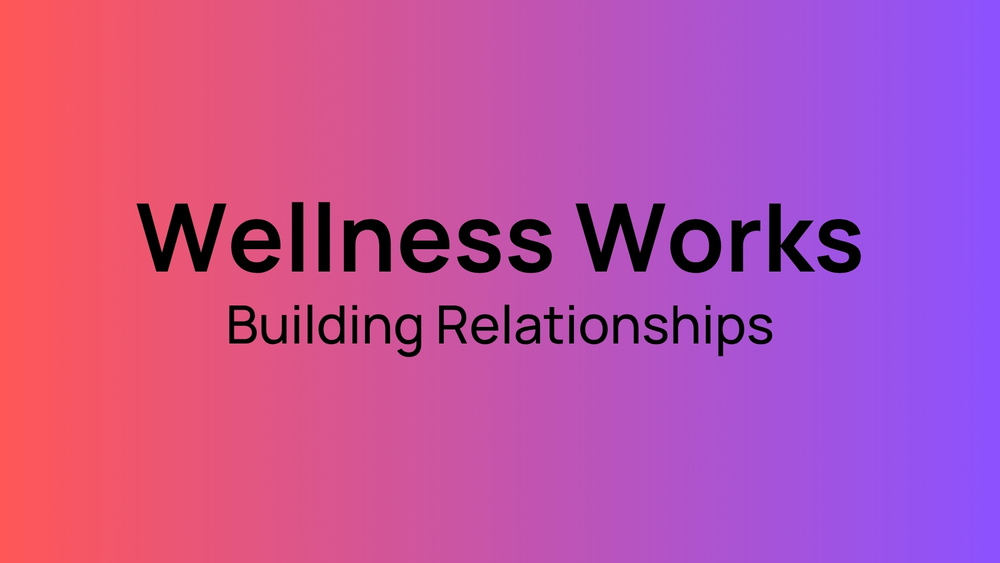As students are settling into their classrooms, forming new friendships, and strengthening bonds with educators, staff and friends, these connections are more than just part of the school routine—they are the foundation of learning and well-being.
Strong relationships create a sense of belonging, and when people feel they belong, they are more open to growth, exploration, and success in both academic and personal spaces.
"Positive relationships in childhood are essential to healthy development. They influence how young people understand themselves, build resilience, and engage with their communities" (Canadian Paediatric Society, 2021).
Some ideas on how you can help your child/youth develop healthy relationship skills:
Encourage your child or teen to express their emotions.
Example: Share a time when you felt a strong emotion and invite your child to do the same. With teens, acknowledge their feelings and normalize the experience of having a wide range of emotions.
Respect their emotions without trying to "fix" them right away.
Example: Let your child or teen sit with their feelings instead of immediately offering solutions. This shows that their emotions are valid and worth exploring.
Help them understand their own emotions and empathize with others.
Example: For younger children, draw pictures of people expressing different emotions and talk about what might be causing those feelings. With teens, discuss how a friend might react to a specific situation. This encourages them to consider perspectives outside their own and develop empathy.
Ideas for Reflection and Conversation
Here are some ways you can reflect or talk with your child/youth about connection in meaningful, age-appropriate ways:
What does it mean to be connected to ourselves, to others, and to our environment?
How can relationships show up in our daily lives—what do they look, sound, or feel like?
What habits or actions help us strengthen relationships with friends, family, and ourselves?
How might our personal experiences and identities shape the way we connect with others?
Go for a walk, bike ride, or outdoor activity together to nurture both movement and conversation.
Work with your child/youth to create a “circle of support” map—listing trusted adults at home, in school, and in the community.
Did you know?
Research shows that strong social connections can reduce stress, improve mental health, and even boost immune function. Acts of kindness benefit not only the receiver but also the giver, enhancing well-being and reinforcing positivity and resilience (American Psychological Association, 2019).
It’s important to recognize the partnership between families, caregivers, and schools. When we collaborate and share responsibility for supporting children and youth, we create stronger, more inclusive communities where every learner can thrive.
—The Wellness Works Committee
References
American Psychological Association. (2019). The power of social connection. https://www.apa.org/monitor/2019/11/cover-social-connection
Canadian Paediatric Society. (2021). Building resilience in children and youth. https://cps.ca/en/documents/position/building-resilience

